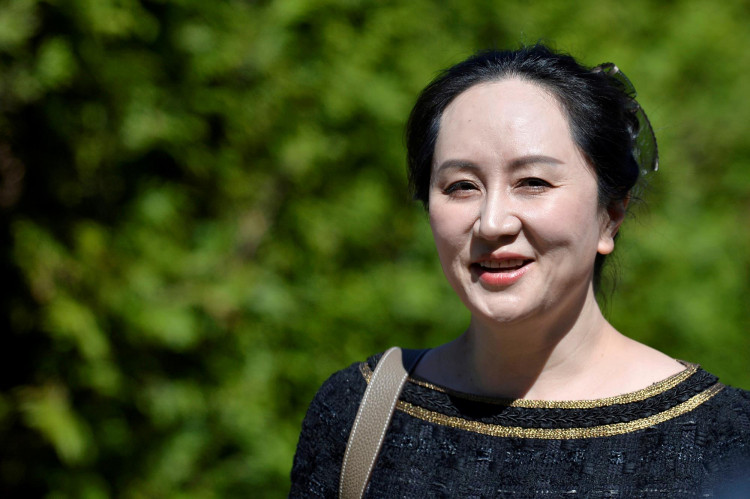The legal team of Huawei executive Meng Wanzhou on Monday demanded the release of unedited Canadian spy service documents the lawyers insist would be the key to unraveling a scheme between Canada and the Federal Bureau of Investigation in "deceiving" their client.
Meng, the chief financial officer of the Chinese telco, was apprehended during a Vancouver layover on a U.S. warrant in December 2018. She is accused of infringing U.S. sanctions on Iran and has since been mounting a legal counter-offensive against her extradition to the U.S. since her arrest.
Her attorneys disclosed that national security should not hinder the release of the papers, portions of which were divulged publicly in ongoing court proceedings over whether the Huawei executive should be handed over to American authorities, court records revealed.
Meng's defense counsel argued in an Ottawa federal court hearing Monday that recent disclosures, which showed the FBI and Canadian Security Intelligence Service (CSIS) communicated before her arrest, have been heavily redacted.
The lawyers said the documents would provide strong evidence of connivance between Canadian and U.S. authorities. Meng's arrest has created an unprecedented diplomatic showdown between Beijing and Ottawa.
U.S. authorities allege that Meng committed bank fraud for hoodwinking HSBC about Huawei's ties with a company operating in Iran, potentially making the British lender liable for heavy fines and penalties for violating the U.S. sanctions on the Islamic State.
Meng's legal advisers are proposing that Anil Kapoor, a lawyer based in Toronto who has been cleared by the Canadian government to oversee a national security proceeding, be given an authority to evaluate the proof and represent the Huawei CFO's interests in closed-door hearings expected to unfurl on Thursday.
Lawyers representing the Canadian attorney general have made public some of the requested papers, but claimed privilege over others, claiming a full unedited publication of the documents will be detrimental to national security.
A few days after Meng's arrest, the Chinese government sent to prison former Canadian diplomat Michael Kovrig and his fellow countryman Michael Spavor, who was later charged with espionage. Western nations consider their detention as retaliation for Meng's arrest.
A special closed-door hearing of Meng's case will resume on Thursday, during which the lawyers from the Canadian government will release the redacted documents, to be evaluated by a court-authorized representative for Meng's attorneys to assist the court in determining whether to produce the papers in its full context.





